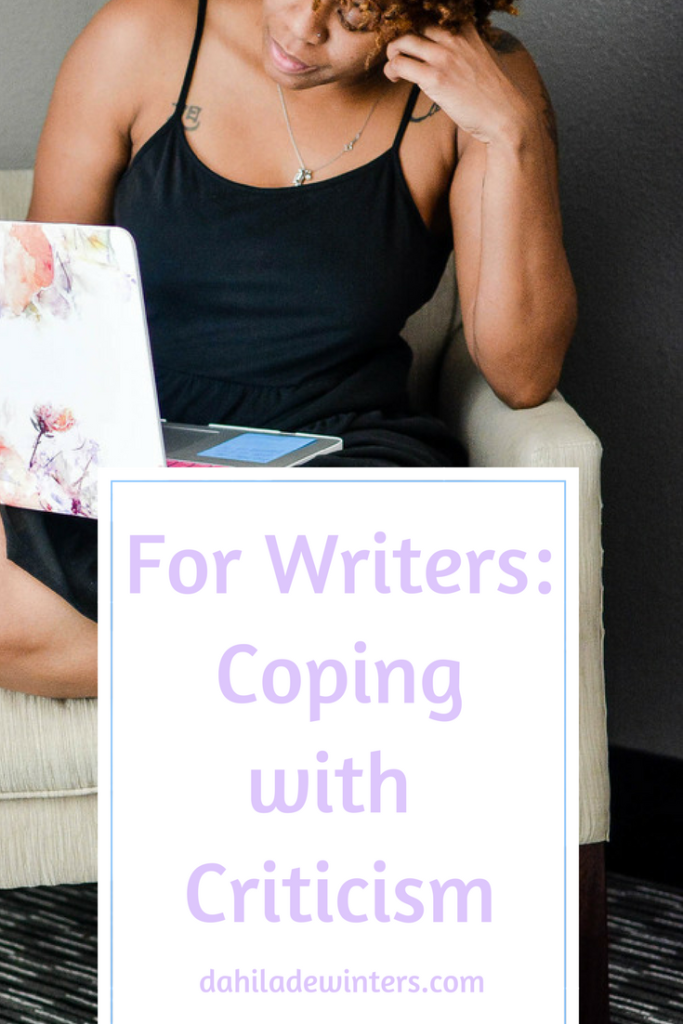For Writers Only: Coping with Criticism
Writing is not a profession for the faint of heart. Sure, you wrote a paragraph or two about how the end of The Walking Dead should have been, or an alternate version of Breaking Bad’s nursing home scene (I’m still sick sick sick over that) , but when you REALLY take the plunge, you’ll know. The Degraded Life of a Writer Let’s look at the downward spiral you will take. First, you have to complete a story, a task in and of itself. Many different endings will present themselves to you, if you’re lucky to get that far. Otherwise, you’ll dilly dally around the middle, adding in a character, or three, perhaps a death or some kind of natural disaster to get you through the classic “center of story” slump. Or, you’ll shilly shally around the beginning, crafting that perfect first word, sentence, paragraph, chapter, over and over again. Whatever… Continued
